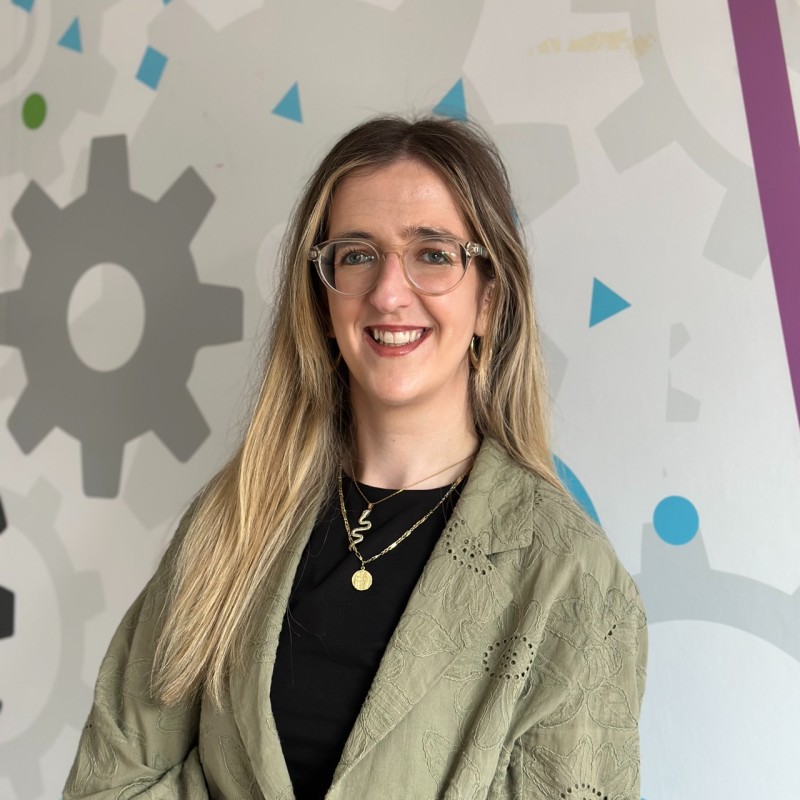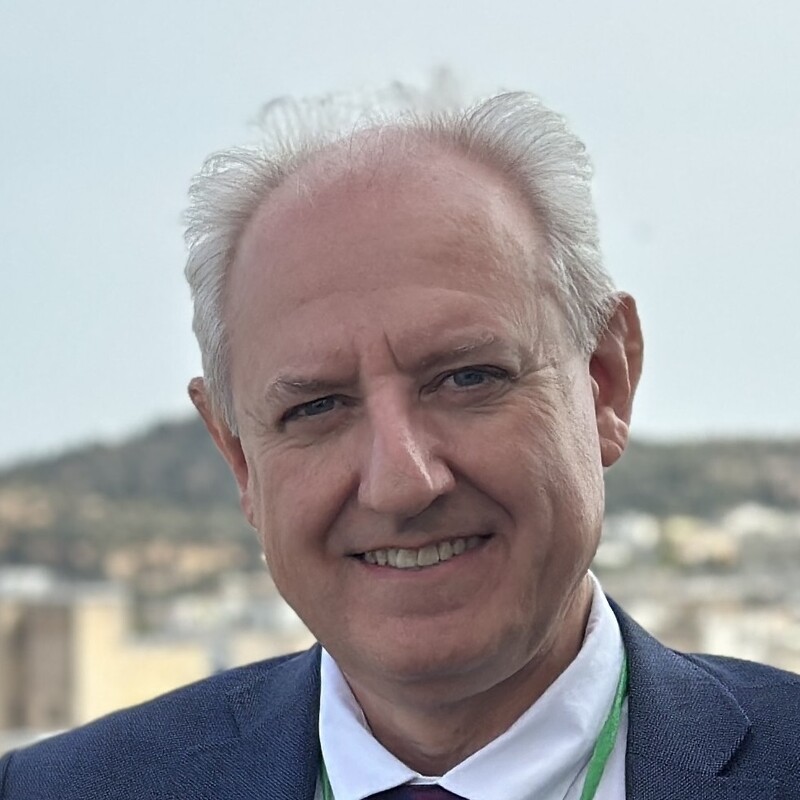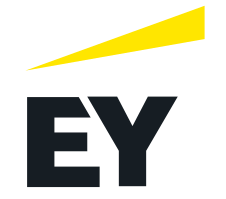Consortium
EY is one the world’s leading professional services firms, with over 700 offices in over 150 countries. The firm delivers its services in every country by leveraging its global experience.
EY ACCELERATION SERVICE:
COUNSELLING
COUNSELLING
Empower HEIs through mentoring and coaching.
Higher Education Institutions (HEIs) receive targeted guidance on specific, short-term problems. Counseling services, including mentoring and coaching, are vital for providing best practices to universities. This counseling is a cross-cutting service that offers continuous support throughout the entire project for all involved HEIs.
Counselling goals
- To empower and support universities by offering guidance and best practice examples.
- To provide mentoring, where experienced individuals (facilitators) offer guidance based on their own experiences and the specific transformational path of the Higher Education Institution (HEI).
- To provide coaching, where experts give more focused guidance on specific problems that can be resolved in a shorter timeframe, such as developing particular skills.
methodology (MML workshops)
Needs assesement
- Each HEI’s specific challenges and requirements are identified through targeted interviews and diagnostic sessions, ensuring the counselling is tailored to real institutional needs
- Needs are revisited regularly as the transformation process evolves.
Personalized Guidance
- Expert Assignment: Counsellors are matched to HEIs based on the institution’s unique needs and context.
- Scheduling: Counselling sessions are planned flexibly, on-demand, and in alignment with the HEI’s transformation timeline and milestones.
- Customization: All sessions are confidential and tailored to the HEI’s context, ensuring trust and relevance.
Coaching
- Counsellors provide one-to-one sessions, focusing on real-time problem-solving, strategic advice, and sharing of best practices.
- Coaching can address both strategic transformation issues and operational challenges.
- HEIs can request ad-hoc sessions as new issues arise; support is adapted based on and evolving needs.
Continuous Support and Follow-up
- Counselling is available throughout the project, with regular check-ins to monitor progress, adjust strategies, and provide additional support as new needs arise.
- All interactions are documented to ensure knowledge transfer and institutional learning.
- Continuous Feedback: Regular feedback is collected from HEIs to assess the usefulness and impact of counselling, and to refine the approach.
Counselling| ACCOMPLISHMENTS
All 7 HEIs have received tailored counselling sessions, resulting in the identification and prioritization of key transformation areas.
Provided on-demand expert guidance to ensure alignment of HEIs’ strategieswith ERA priorities and project goals.
Over 30 coaching sessions delivered, covering topics such as governance, research assessment, gender equality, and digitalization.
Developed tailored coaching frameworks for HEIs to address specific transformation challenges.
Testimonial

Research Project Manager at Medical Physics and Digital Innovation Lab AuTh / MSc Biomedical Engineering
Counseling has supported AUTH in clarifying its institutional priorities and identifying concrete steps towards sustainability. The advice received was valuable in aligning our activities with the long-term goals of the university.
ACCELERATION SERVICE:
TRANSFORMATIONAL PATHWAY
TRANSFORMATIONAL PATHWAY
Enhance HEIs’ ability to collaborate, innovate, and respond to societal challenges effectively.
After the state of affair assessment of the individual HEI in the Living Labs (LLs) environment, a transformational pathway set an agenda for each HEI to better achieve its institutional transformation and get tangible results at a scheduled time.
The pathways are tailored with the facilitators and different local stakeholders through an approach of practices-exchange.
Transformational Pathway Goals
- Guide HEIs in developing their own transformation pathway, ensuring the process is participatory and context-specific.
- Co-design Action Plans for each HEI, guided by ENoLL and the participation of stakeholders in the Living Labs.
- Foster collaboration and knowledge exchange among HEIs and stakeholders throughout the transformation journey.
- Define clear objectives and milestones for each HEI, enabling tangible, measurable progress toward institutional change.
Transformational Pathway Methodology
Exploring phase
Stakeholder Mapping & Context Analysis: Each HEI, with ENoLL’s facilitation, identifies key stakeholders and analyzes its local context, needs, and barriers using participatory methods (interviews, workshops, surveys) within the Living Labs environment.
Co-Design of Action Plans
Collaborative Action Planning: HEIs, with the support of the facilitators and stakeholders co-design the Transformational Pathway. This includes defining objectives, selecting intervention areas, and drafting tailored Action Plans that reflect the institution’s unique context.
Implementation of Action Plans
Action Plan Execution & Iterative Development: HEIs implement their Action Plans with ongoing support from EY and other facilitators. The process is dynamic; plans are regularly reviewed and refined based on real time challenges and needs
Monitoring process
Progress is monitored using defined indicators and qualitative feedback. Outcomes and lessons learned are captured to ensure sustainability, replicability, and continuous improvement of the transformation process
Transformational Pathway | ACCOMPLISHMENTS
7 individual transformational pathways co-designed and launched.
Over 15 sessions held with HEIs and stakeholder
Tangible progress “of HEIs transformation journey” in areas such as open science, research assessment reform, and gender equality.
Publication of a “Collection of Transformational Pathways” (Deliverable D3.2).
Testimonial

Professor of Medical Physics, Informatics. Medical Education and Director of the Lab of Medical Physics and Digital Innovation
Transformational Pathways has enabled AUTH to develop a clear roadmap for embedding project results into the university’s structures. This included integrating skills certification, MOOCs, and FAIR data training into regular operations, ensuring continuity beyond the project.
ACCELERATION SERVICE:
PREDICTIVE STUDY ON SKILLS ANTICIPATION
PREDICTIVE STUDY ON SKILLS ANTICIPATION
It analyzes trends in labor markets to determine which skills will be essential for future workforce needs.
A predictive study on skills anticipation can plays a crucial role in shaping curriculum development, ensuring that Higher Education Institutions remain responsive to the evolution of key macro-trends, such as environmental, social, political and technological changes.
This study helps to foster lifelong learning opportunities and the re-skilling and up-skilling for researchers’, who will be better able to adapt to future challenges.
Predictive Study on Skills Anticipation Goals
- Offer a new analytical tools to support universities in rethinking investments in education and training.
- Evaluate how well Europe’s young researchers are being equipped for the future.
- Identify critical areas where further development of young researchers’ skills is needed.
Transformational Pathway Methodology
Desk Research & Design
- Comprehensive review of EU frameworks (ResearchComp, ERA, Skills Agenda).
- Development of survey instruments and interview protocols
Stakeholder Engagement
- Collaboration with European HEIs and key stakeholders.
- Dissemination strategy for broad participation in surveys and interviews.
Data Collection
- Survey: 1,701 responses from R1 & R2 researchers across 21 EU countries.
- Interviews: 45 academic leaders + 20 industry representatives.
- Job Market Analysis: Text mining of 20 PhD-preferred roles.
Data Analysis and Results
Data analysis using NLP and statistical methods; synthesis of findings to forecast skills for 5–10 years.
Transformational Pathway | ACCOMPLISHMENTS
Comprehensive mapping of current transversal skills among early-career researchers.
Identification of key gaps (strategic thinking, project management, science communication).
Of top future skills: AI & digital literacy, research ethics, interdisciplinary collaboration, emotional intelligence.
Actionable recommendations for HEIs to integrate soft skills into curricula and training programs.
Team
The EY team is highly qualified to lead the CATALISI project due to their diverse expertise in consulting for institutions like the European Commission. They have experience in EU-funded initiatives, institutional transformations in Higher Education, needs analysis, and designing training programs. Their strong background in supporting public administration and digital transformation adds value, along with insights from a project manager experienced in training for a European research agency. Their collective skills in policy analysis, event organization, and academic backgrounds enhance their ability to achieve the project’s goals.

Dr. Carlo Chiattelli
Project Leader

Jacopo Cardilli
Senior consultant





